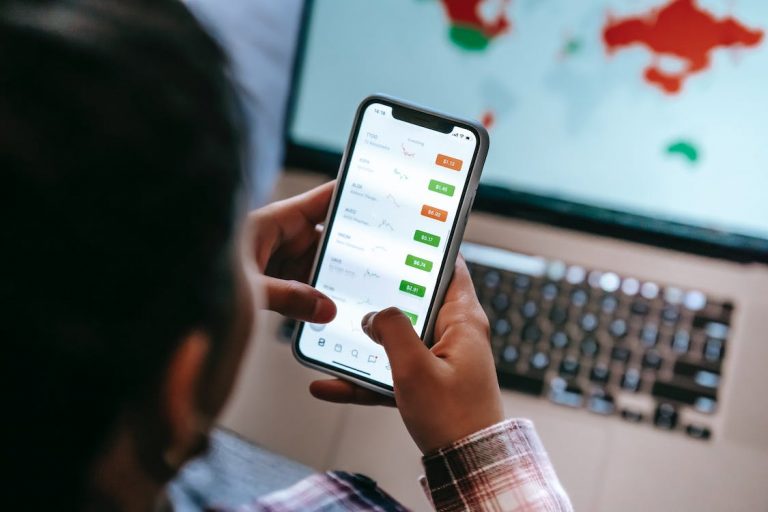
Data released by the Nigeria Inter-Bank Settlement Systems (NIBSS) has revealed a significant surge in mobile money transactions in Nigeria, with licensed operators, including PalmPay, OPay, and 15 others, processing transactions valued at N41.5 trillion between January and July 2024.
This represents a remarkable 74% increase in transaction volume compared to the N23.9 trillion recorded in the same period last year.
The mobile money sector is on track to surpass its record-breaking performance of 2023 when transactions reached N46.6 trillion for the full year. With seven months of data already showing N41.5 trillion in processed transactions, operators are poised to set a new benchmark by the end of 2024.
Register for Tekedia Mini-MBA edition 19 (Feb 9 – May 2, 2026): big discounts for early bird.
Tekedia AI in Business Masterclass opens registrations.
Join Tekedia Capital Syndicate and co-invest in great global startups.
Register for Tekedia AI Lab: From Technical Design to Deployment (next edition begins Jan 24 2026).
The remarkable increase in transactions occurred despite a one-month suspension placed on leading mobile money operators such as OPay, PalmPay, and Paga by the Central Bank of Nigeria (CBN). In July 2024, the CBN temporarily halted the onboarding of new customers for some mobile operators over concerns that their platforms were being exploited for illicit foreign exchange transactions, including cryptocurrency trading.
The suspension, which affected both mobile money and other fintech companies like Moniepoint and Kuda Bank, was lifted after about a month. Despite this setback, the operators have resumed onboarding new customers and continue to see substantial growth in transactions.
As of now, 17 companies are licensed by the Central Bank of Nigeria as mobile money operators, including prominent fintech companies like PalmPay and OPay. While there are over 200 fintechs operating in Nigeria, only these 17 are authorized to provide mobile money services.
Shift in Consumer Behavior
This rapid growth indicates a shift in transaction behavior among Nigerians, who are increasingly turning to mobile money platforms over traditional banking systems.
Mobile money operators play a pivotal role in providing financial services via mobile phones, which includes initiating, authorizing, and confirming value transfers out of current/checking, savings, or stored value accounts. The sector has enabled Nigerians to conduct transactions with greater ease and efficiency, often bypassing the limitations of traditional banking infrastructure.
The sector’s growth is attributed to the convenience, speed, and accessibility of mobile money services, which are driving this transformation, as more people rely on fintech operators to manage their financial transactions. The shift is particularly evident in rural and semi-urban areas, where access to traditional banking services is often limited, and mobile phones provide an efficient alternative.
Besides these, industry experts point to some other factors contributing to this trend. Mobile money platforms offer a user-friendly experience, enabling customers to conduct financial transactions, including transfers, payments, and savings, with minimal barriers. This convenience has encouraged more users to adopt these services, especially those in underserved areas.
However, the surge in mobile money transactions is part of a broader upswing in e-payment activities across Nigeria. NIBSS data shows that electronic transactions across all payment channels in the country totaled N566.3 trillion between January and July 2024. This seven-month figure is already nearing the N600 trillion recorded in the full year 2023, indicating that Nigeria’s cashless economy is gaining significant momentum.
Analysts attribute the surge in e-payment transactions to the Central Bank of Nigeria’s cashless policy and recent experiences with cash shortages.
Under the revised policy, which was enacted in January 2023, individual cash withdrawals are capped at N500,000 per week, while corporate entities face a limit of N5 million within the same period. The policy, designed to promote digital transactions and reduce reliance on cash, has accelerated the adoption of e-payment platforms, including mobile money services.
What This Means for the Financial Industry
The growing dominance of mobile money operators is reshaping Nigeria’s financial industry. By providing millions of Nigerians with easier access to financial services, these platforms are becoming critical players in the country’s economy. Through their faster services, mobile money services are reducing the reliance on traditional banking systems, which are often less accessible to the unbanked population in rural and underserved regions.
This shift is creating a more inclusive financial ecosystem, with mobile operators bridging the gap between urban and rural financial services.
With mobile money transactions already accounting for a significant portion of the nation’s total e-payments, it is clear that the role of these operators will continue to expand. The convenience, affordability, and widespread accessibility of mobile money platforms are increasingly making them the preferred choice for millions of Nigerians, fundamentally altering how transactions are conducted in the country.



